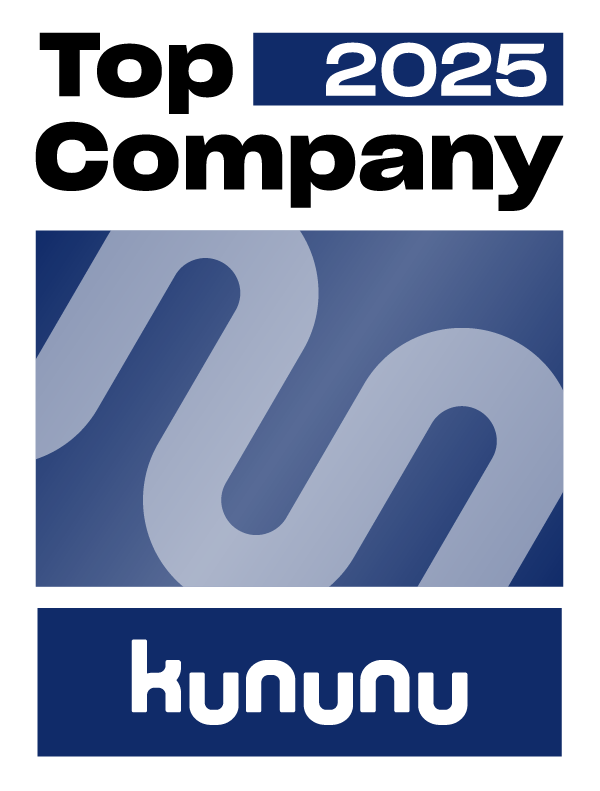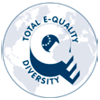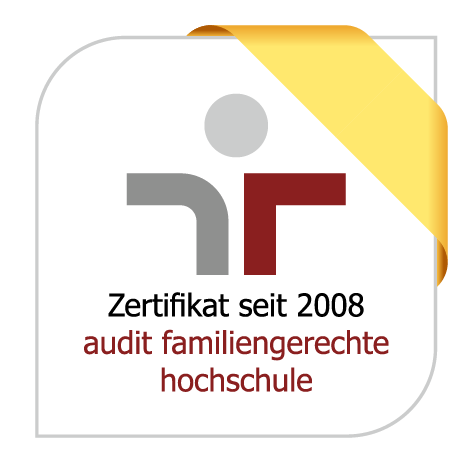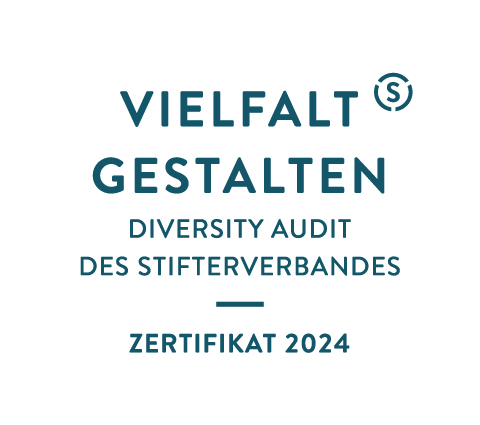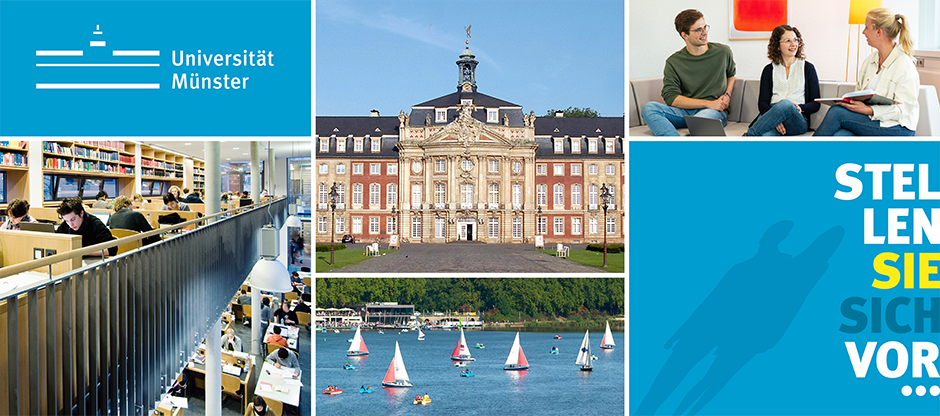
The research training group Chemical Biology of Ion Channels (Chembion) in the Institute of Pharmaceutical and Medicinal Chemistry at the University of Münster is seeking to fill a position for
Doctoral Research Associates (Wissenschaftliche*r Mitarbeiter*in, salary level E 13 TV-L, 65%)
commencing on 1 October 2025. The fixed-term, part-time position offered will be externally funded for 3 years, that is, until 30 September 2028.
Your tasks:
The position is associated with the realisation of a doctoral project in the field of computational drug discovery. The aim is to work on ion channels as potential drug targets. As part of this project several computational drug design methods, like structure-based design, molecular dynamics simulations and AI-based methods, will be used to analyse the mechanism of action of important ion channels and to identify new or improve existing modulators. The applicant will gain comprehensive insights into rational drug design and development using computational methods. All of these methods are important components of drug development and are standard practice in the pharmaceutical industry.
The research project is embedded in the research training group “Chemical Biology of Ion Channels” (www.chembion.de). 12 scientists from the University of Münster have teamed up to bring their complementary expertise to focus on the chemical biology of ion channels. Their interdisciplinary research activities are centred on five topics: ligand recognition, subtype specific modulation, molecular imaging, molecular and cellular physiology and integrative (patho)physiology. Our vision for this interdisciplinary project is to solve physiological questions in the field of ion channels using innovative chemical methods. We aim to bring together the molecular world of chemistry/pharmacy and the activity-centred world of medicine. The internationalisation of our doctoral research associates is strongly promoted by a 3–6 month internship abroad. We will provide a structured 3-year cutting-edge PhD training program in and beyond the fields mentioned above.
Our expectations:
We are looking for highly motivated and talented PhD students holding a state examination degree in pharmacy or, alternatively, a master’s degree in chemistry, chemical biology, cheminformatics, computational drug design or a related degree is required. Further expectations:
- Initial experience with the application of computer-based methods in drug discovery is required.
- Initial knowledge in the application of molecular dynamics simulations is an advantage
- Excellent knowledge of spoken and written English are essential
- German language skills are not a requirement, but a willingness to learn is desirable.
- Ability to work in a team, communication skills, organisational skills and independent working style
Advantages for you:
We are offering a competitive, interdisciplinary environment with a track record of intense mutual collaboration. In addition to the individual training-through-research, our program includes additional elements such as a 3–6 month internship abroad, retreats, lab rotation and symposia.
Working environment
The research group Prof. Koch for computational drug discovery is concerned with the development and application of computer-aided methods for the rational drug design. This includes a whole range of ligand- and structure-based in silico methods that are used as standard in industrial pharmaceutical research, such as cheminformatics methods, virtual screening and rational drug design, docking, homology modelling and molecular dynamics simulations, but also the application of artificial intelligence methods. The in-silico work is combined with biochemical analysis and synthesis of small organic molecules and X-ray crystallography in an interdisciplinary manner
The University of Münster strongly supports equal opportunity and diversity. We welcome all applicants regardless of sex, nationality, ethnic or social background, religion or worldview, disability, age, sexual orientation or gender identity. We are committed to creating family-friendly working conditions.
We actively encourage applications by women. Women with equivalent qualifications and academic achievements will be preferentially considered unless these are outweighed by reasons which necessitate the selection of another candidate.
Are you interested? Then we look forward to receiving your application via email by 2025-05-02 to:
Prof. Dr. Oliver Koch
Universität Münster
Institut für Pharmazeutische und Medizinische Chemie
Correnstr. 48, 48149 Münster
E-Mail: Oliver.Koch@Uni-Muenster.de
Homepage: http://www.kochlab.org
Please note that we cannot consider other file formats
Reference number: 2025_04_05
